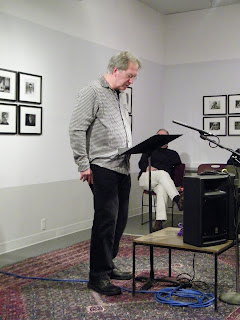EDGAR ALLAN POE
How can we find fault with someone who espouses that “beauty is truth” and that poems are truth reflected in forms of beauty? Edgar Allan Poe was such a person; a solitary, dark, unhappy, brilliant, philosopher, critic, and storyteller who championed beauty and love.
Most of his poetry laments the loss of an idealized heroine. “The death of a beautiful woman is unquestionably the most poetical topic in the world”.* His princesses are irretrievably lost and gone forever.
His poems were written with a musical quality and with purposeful strangeness. He feared the permanence of death, yet he has proven to be immortal with his unforgettable words and works. What schoolboy has not read and remembered:
It was many and many a year ago,
In a kingdom by the sea,
That a maiden there lived whom you may know
By the name of Annabel Lee; ……….
And the poem, “The Raven” a symbol of never ending remembrance:
Once upon a midnight dreary, while I pondered weak and weary,
Suddenly there came a tapping, ……..
….Quoth the Raven, “Nevermore.”
But we must be cautious in relegating a drink and a toast to this genius, because alcohol was the chief cause of many of his problems and his early death. A moderate choice is, however quite easy. For 60 years, starting in 1949 (centennial of his death) every Jan. 19, a toast occurred with cognac and 3 roses on Poe’s grave by anonymous “Poe Toasters”.
*Braddy, Haldeen: Three Dimensional Poe, Univ. of Texas, El Paso, 1973
Elliot O. Lipchik













